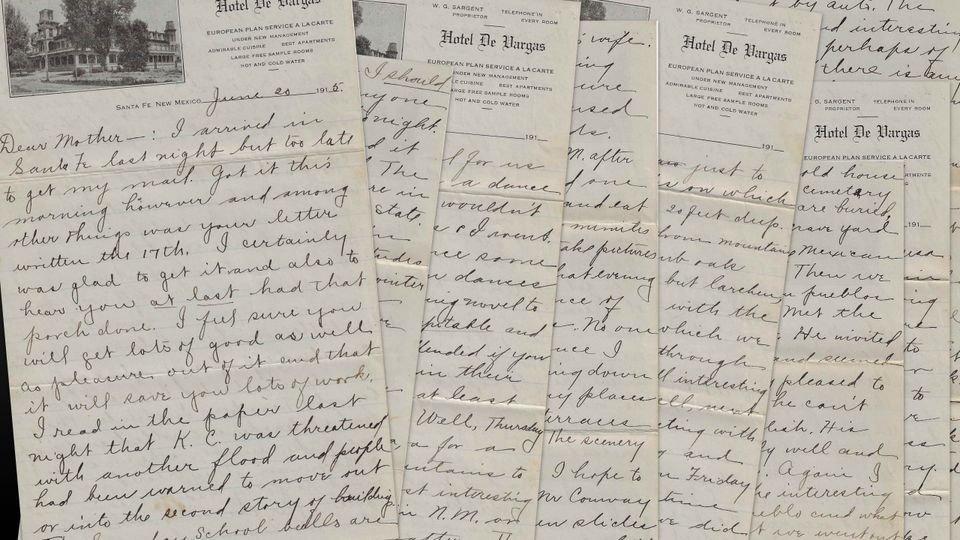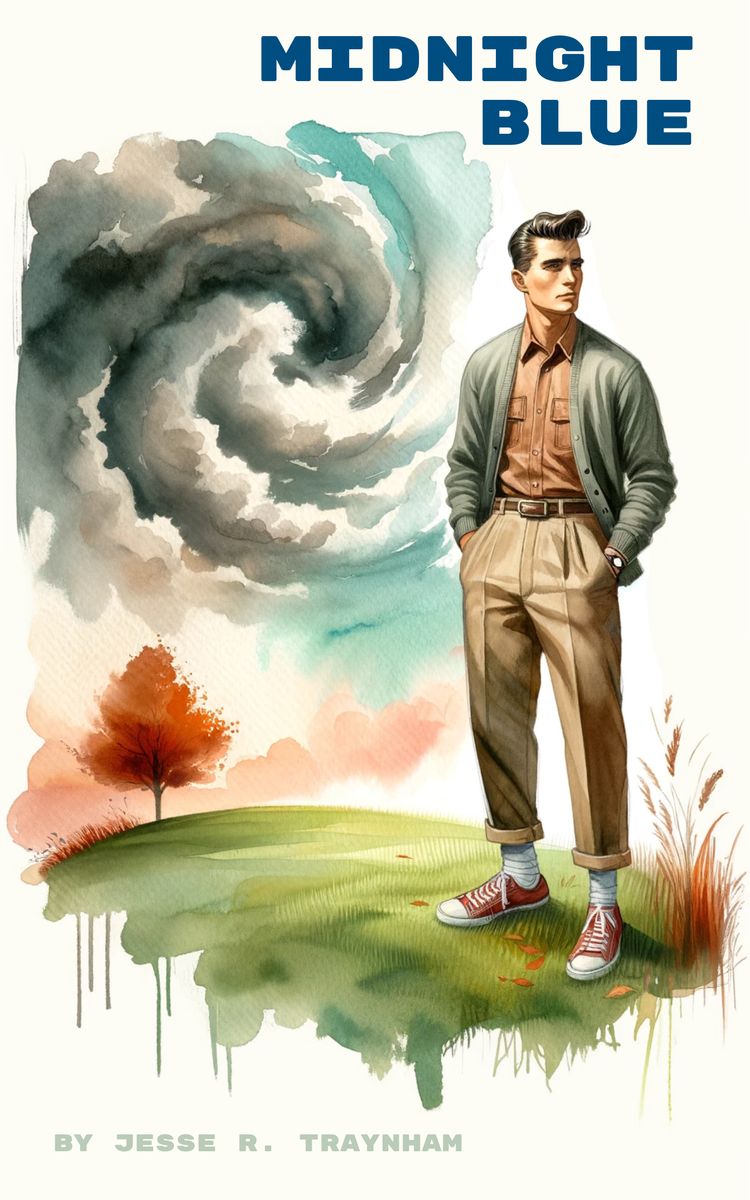The Last Box

I spent several months processing all the storage boxes collected when my grandfather died. There were many. Now I am on the last one.
I had grown accustomed to sneezing fits as I opened each box. There were usually a few compelling finds, but mostly junk. It’s incredible all the stuff you collect throughout life. Things that don’t matter in the end.
This last box was a jewel. As I opened it, dust sprayed out. Hidden inside, among all the gunk, was a letter that my grandfather’s mother wrote to his grandmother.
I didn’t know much about my great-grandmother or my 2nd great-grandmother other than we all shared the name “Ross”—my middle name. It was my grandfather’s middle name and his mother’s maiden name. Pretty neat.
The handwritten letter, penned by Dora, tells of all the various adventures she had been on in the last week. There were many. Written in 1915, it’s quite the read with familiar yet distant imagery.
Transportation has changed dramatically in the last hundred years. She speaks of taking trains, riding in wagons, and even using the new automobile. Getting from one place to the next took much longer than now—even via the auto.
She speaks of dances, visiting historical sites, and the fantastic scenery untouched by civilization. Most curiously, she talks about demonstrations that she leads. She does not elaborate.
My curiosity piqued, I entered “Dora Edna Ross demonstrations” into my search box. I didn’t expect much, but Google lit up with many solid results. Turns out, my great-grandmother was quite a gal.
Not only was she college-educated in June of 1915, but she had just finished her master’s degree. She was not yet married. That ceremony would not occur until the end of the year. She worked at the New Mexico State College, where she was a proficient writer of agricultural texts.
After digging, I found that these demonstrations taught agricultural concepts to people around the state. She specifically taught girls and women how to prepare, store, and sell foods—I guess today that would be called a side hustle.
The various demonstrations she led around New Mexico included handing out materials and the use of stereopticons and lantern slides. I was not familiar with this technology. Once I did more research, I realized these things are very similar to what we use today. Stereopticons were the 3D models of the day. Lantern slides were just what you might expect. These slides were projected using a “Magic Lantern” and would consist of illustrations and photos. It took me a bit, but I finally realized: my great-grandmother used the equivalent of PowerPoint presentations to educate the people of her time.
After all the boxes I had been through, I had gotten bored. I was ready to be done with this chore of digging through a dead man’s discarded belongings. I was done with all the dust and the long-forgotten smells.
The last box gave me more than any of the previous boxes combined—a letter from over a hundred years ago that connected me to a great-grandmother that I never knew. I had wondered if there were any things that we had in common. Turns out, there were many.
Author's Note
This short story is a fictionalized version of events that I went through a few years ago. My great grandmother, Dora, did write a letter that I have inherited which has several interesting tidbits in it. I plan to post it at some point.



